News
-
 Health & Medicine
Health & MedicineIs alcohol linked to cancer? Here’s what the science says
A new U.S. Surgeon General's report describes the link between drinking alcohol and developing cancer. Many Americans aren’t aware of the risk.
-
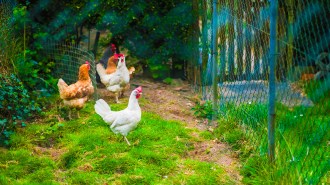 Health & Medicine
Health & MedicineWhat to know about the first bird flu–related death in the U.S.
H5N1 has infected 66 people in the United States since early 2024, mostly causing mild illness. A Louisiana man was the first to get severely sick.
-
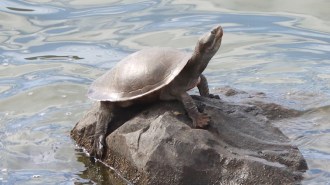 Animals
Animals‘Forever chemicals’ are causing health problems in some wildlife
Deformed scales in hatchlings and biomarkers indicative of disease progression are two health impacts on turtles at PFAS-polluted sites in Australia.
-
 Health & Medicine
Health & MedicineAI helps doctors detect more breast cancer in the largest real-world study
AI is as good as clinicians at interpreting mammograms, a cancer study with nearly 500,000 participants in Germany suggests.
-
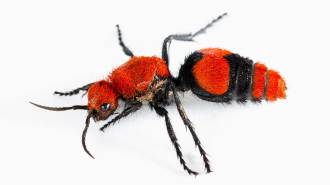 Animals
AnimalsVelvet ants have the Swiss Army knife of venoms
A velvet ant bite like “hot oil from the deep fryer” delivers an array of peptides that inflicts pain on insects and mammals alike.
By Amanda Heidt -
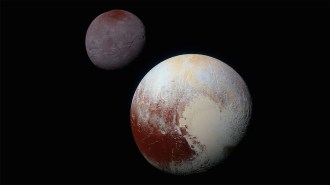 Planetary Science
Planetary SciencePluto may have captured its moon Charon with a kiss
When Pluto met Charon, there was an instant connection, new simulations suggest.
-
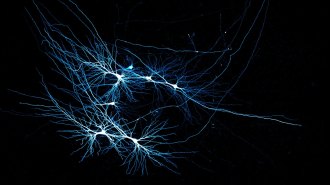 Neuroscience
NeuroscienceThe unique neural wiring of the human hippocampus may maximize memory
Living tissue from the memory centers of people’s brains reveals sparse nerve cell connections that provide strong, reliable signaling between cells.
-
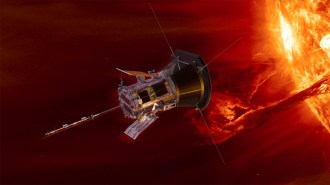 Space
SpaceNASA’s Parker Solar Probe survived its closest approach to the sun
The solar probe came within 6.1 million kilometers of the surface of the sun and lived to tell the tale.
-
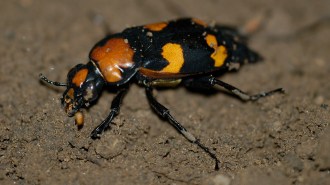 Animals
AnimalsAmerican burying beetles are making a comeback in Nebraska
Thanks to decades of conservation to restore private grasslands, numbers of the threatened insect are on the rise in the Loess Canyons.
-
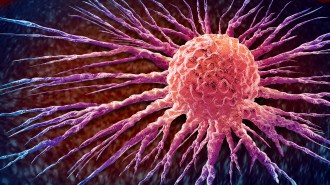 Health & Medicine
Health & MedicineThe spread of breast cancer may be inherited
A variant of PCSK9, a gene involved in raising cholesterol, may spur metastasis. An approved antibody might stop it.
-
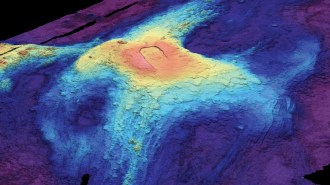 Earth
EarthScientists predict an undersea volcano eruption near Oregon in 2025
Real-time data from Axial Seamount off the Oregon coast is providing researchers with a good eruption forecasting test.
-
 Health & Medicine
Health & MedicineShort bursts of physical activity cut women’s risk of heart attack
Even just a few minutes of vigorous movement per day lowers the risk of serious cardiovascular problems, like heart attack and heart failure, in women.
By Meghan Rosen